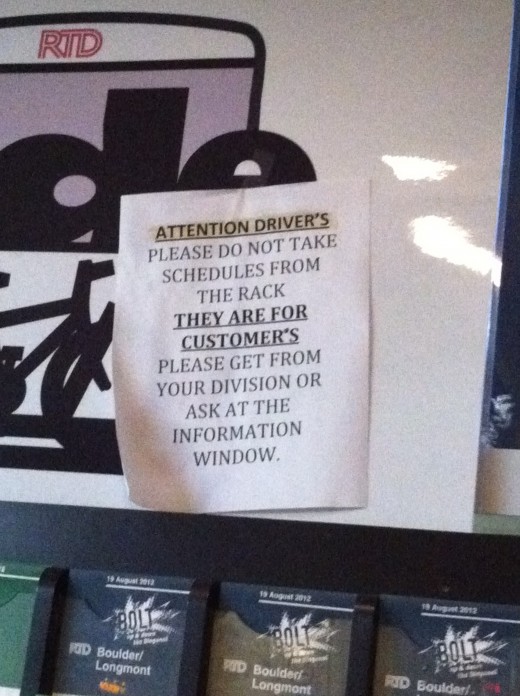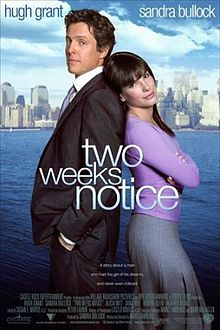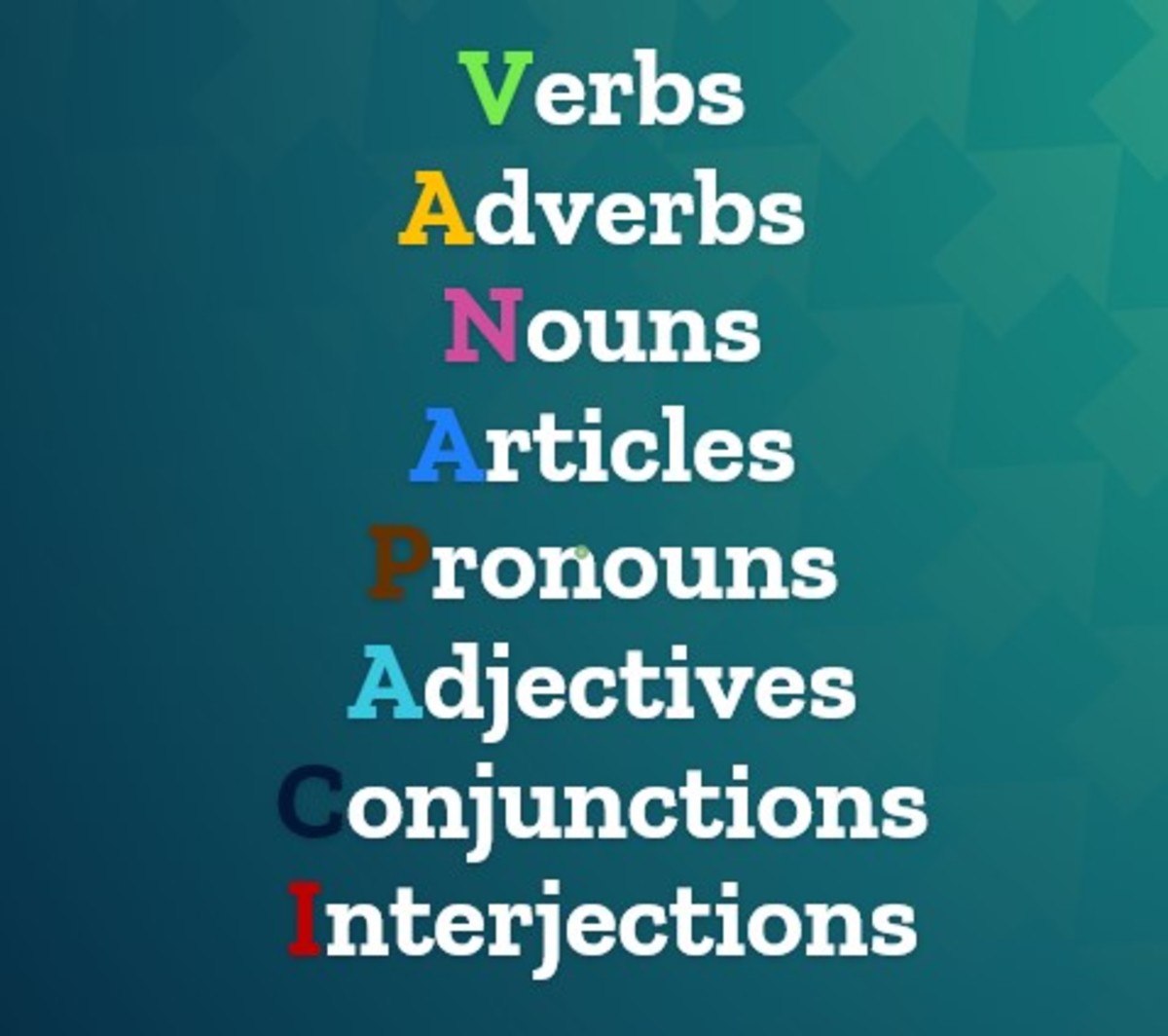A Guide to Possessives: Singular and Plural Nouns, Pronouns, and Multiple Owners

The formation of possessives occupies the very first entry of Strunk and White's Elements of Style for a reason: we can't seem to follow the most elementary rules of usage for possessive forms. Our streets (and internet browser windows) are lined with advertisements for "Toys' and Games'", "Big Selection of Dresser's and Night Stand's", "Readers Outlet", "Childrens Clothing", and so on.
The English language first adopted the apostrophe in the 16th century to denote the omission of letters--a perfectly reasonable post. By the end of the following century, however, printers had ventured to squeeze it between a singular noun and its possessive -s ending. Inevitable complications soon after ensued: what do we do with plural nouns, or when a noun already ends in -s? As the rules for possessive apostrophes were never clearly established and understood in the history of the English language, we can hardly be surprised when the punctuation mark is still used inconsistently centuries after its invasion. Every element of language is "made up" at some point, and the possessive apostrophe is a shining example of that. Rules exist for the sake of consistency; dogmatic adherence demonstrates ignorance to the nature of language. That said, I love language, and I care about these little rules.
In this Hub I detail the rules of possessive forms that most authorities adhere to, as described consistently by Garner's Modern American Usage, Fowler's Modern English Usage, Strunk and White's Elements of Style, Eats, Shoots and Leaves, and Woe Is I. If you are already confident in your knowledge, try out the quiz at the end.
Singular Nouns
Basic rule: add -’s to the end of a word to make it possessive, regardless of the final consonant.
- Charles’s phone
- St. James’s Street
- Congress’s decision
- Bordeaux’s wines
- Robert Burns’s poems
- Witch’s broom
- An hour’s wait
Exception 1
Biblical and Classical proper names that end with a /zəs/ or /eez/ sound receive only an apostrophe. This is a vestige of a former custom in which words ending in -s were made possessive with the addition of only an apostrophe. No extra syllable is added in the pronunciation of the possessive form (e.g. Jesus’ does not have an awkward third syllable).
- Moses’ staff
- Achilles’ tendon
- Osiris’ symbol
- Jesus’ martyrdom
Exception 2
Traditionally, sibilant possessives before sake receive only an apostrophe.
- For goodness’ sake
- For conscience’ sake
- For righteousness’ sake
- For appearance’ sake
This exception is often ignored in modern practice, and is followed with some frequency only for goodness (probably because for goodness' sake is the most common).
Exception 3
If a corporate or similar name is formed from a plural word, it takes only an apostrophe.
- General Motors’ vehicle regulations
- United States’ international policies
Plural Possessive Confusion



Plural Nouns
If the plural noun does not end in -s, it can be made possessive by affixing -’s to the end.
- Children’s toys
- Men’s game
If the plural noun does end in -s, it can be made possessive by merely adding an apostrophe to the end.
- The cops’ time
- Ten dollars’ worth
- The Joneses’ house
- Five years’ imprisonment
According to Fowler, terms like years and weeks may be approached in two ways: as possessive nouns, in which case apostrophes are required to indicate possession, or as noun adjuncts, which function as adjectives that modify other nouns. Fowler recommends treating them as possessive nouns for the sake of conformity with the singular form, which has no choice but to be possessive—a year’s imprisonment.
If you didn’t before, perhaps you will now find the film title “Two Weeks Notice” as unbearably irritating as we sticklers do. Such errors perpetuate the grammatical misunderstandings that already plague our society.
Pronouns
Do not use an apostrophe for possessive pronouns.
- Hers
- Its
- Theirs
- Yours
- Ours
- Whose (the possessive of the pronoun who)
Indefinite Pronouns
Use an apostrophe for indefinite pronouns. If the grammatical rule dictating that some pronouns receive 's in the possessive and others are denied an apostrophe seems mysteriously inconsistent to you, I cannot argue.
- One’s: One controls one's own destiny.
- Somebody else’s: This isn’t mine; it must be somebody else’s.
Multiple Owners
If two elements possess something jointly or in common, approach them as a single unit: put a single 's at the end of the second name.
- Will and Charlotte’s vacation was splendid.
- America and England’s relationship remains intact.
If two elements possess things individually, the ending -’s is affixed to each name.
- The restaurant served Will’s and Charlotte’s meals at different times.
- America’s and England’s interests continue to diverge.
Possessive Pronoun + -ing Noun
He’s looking forward to her being ready to go.
She hates my smoking.
-ing words offer a challenge because they stem from and usually act as verbs. In these examples, however, the –ing word serves as a noun, not a verb. As a noun, its antecedent pronoun must be possessive. This may sound confusing in the abstract, but it comes naturally to us when the noun is more typical, as in the following example.
He’s excited for my arrival.
In this sentence, the pronoun (my) must be possessive because it modifies or describes the noun (arrival). You would not consider saying, “He’s excited for me arrival.” Nouns that end in -ing behave the same way, hence "my smoking" rather than "me smoking."
Complication: a sentence that can go either way, having a noun preceded by a possessive or non-possessive word depending on the desired meaning. (from Woe is I page 47)
- Basil dislikes that woman’s wearing shorts. → He dislikes shorts on her.
- Basil dislikes that woman wearing shorts. → He dislikes the woman herself.
Double Possessives
Double possessives comprise of followed by a possessive form of a substantive (word indicating ownership). This is a widely approved idiom, according to Garner (page 645), that should not be stigmatized.
- A friend of his
- A habit of Dave’s
Proper Names as Adjectives
“When a proper name is used as an adjective, it isn’t a possessive and thus doesn’t take an apostrophe.” This matter is one that I have often wondered about so I am excited to relay Garner’s professional wisdom (page 646). Here are the examples he provides:
- The Cubs game is at 1:00 today.
- One source who attended the fundraiser said it generated at least $50,000 for the Fields campaign.
In the latter example, if the antecedent to “campaign” were a title (e.g. the mayor) rather than a name (Fields), then an apostrophe would be needed.









